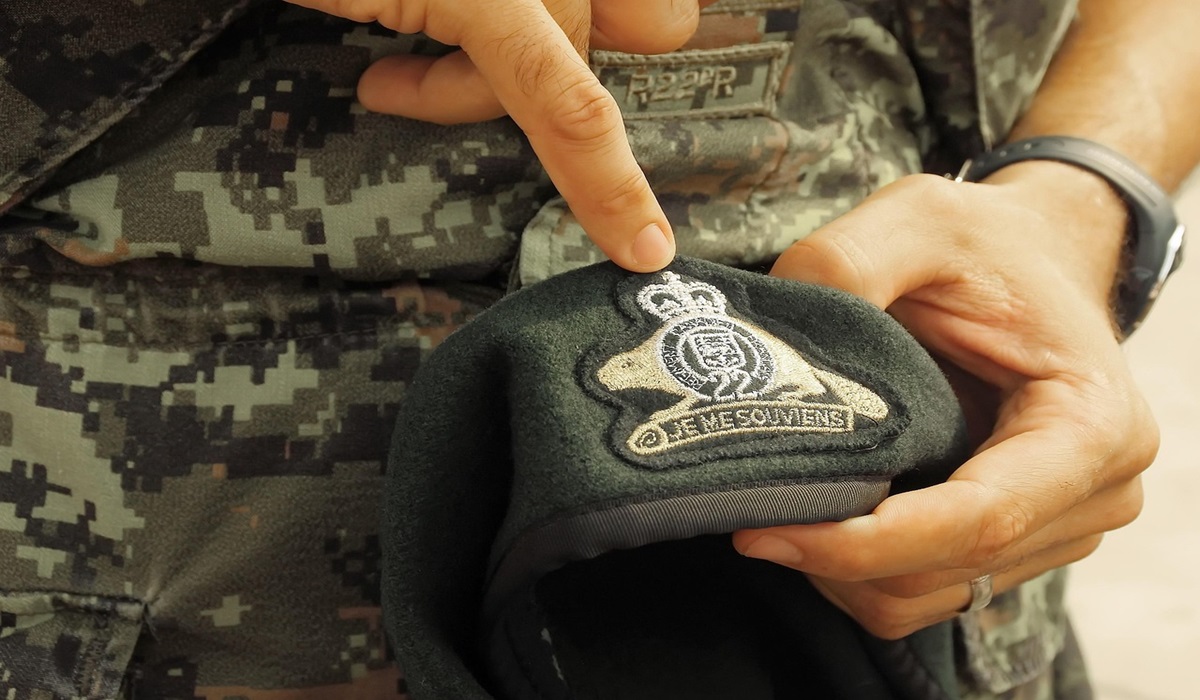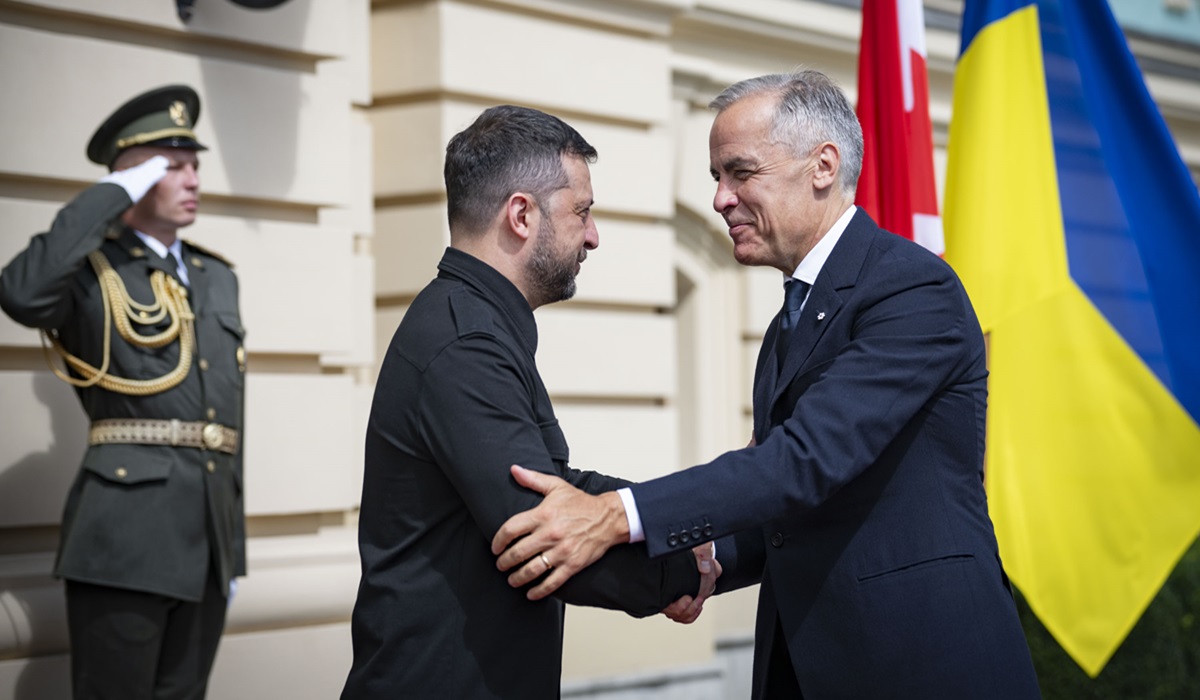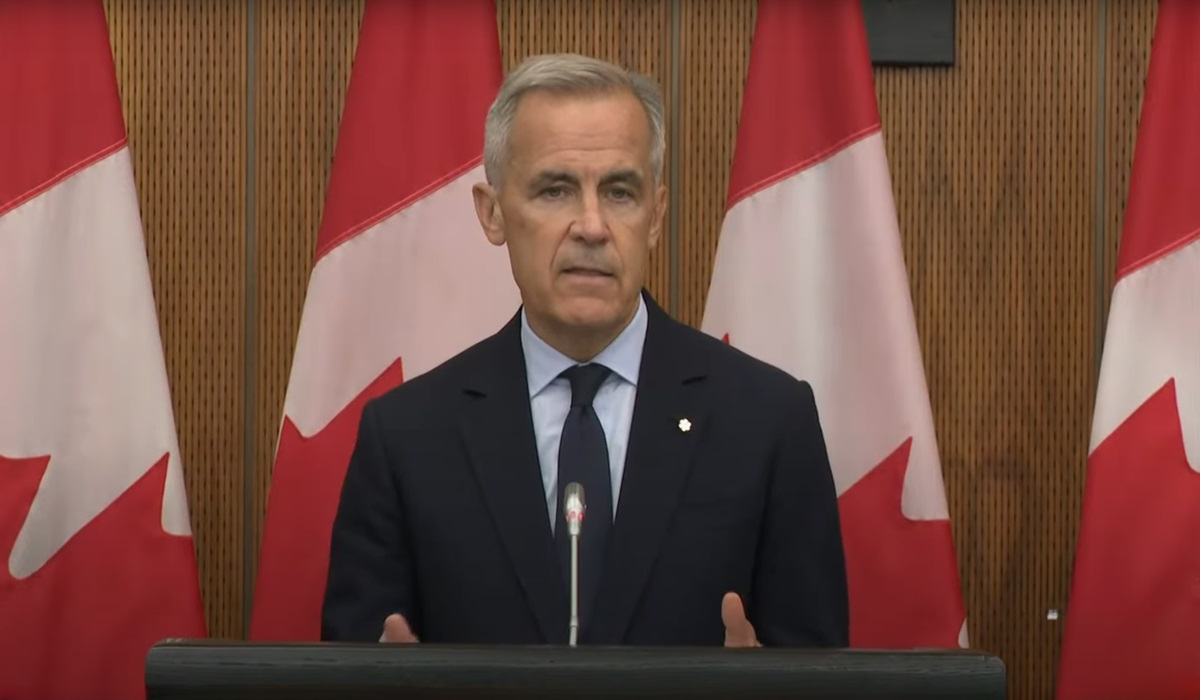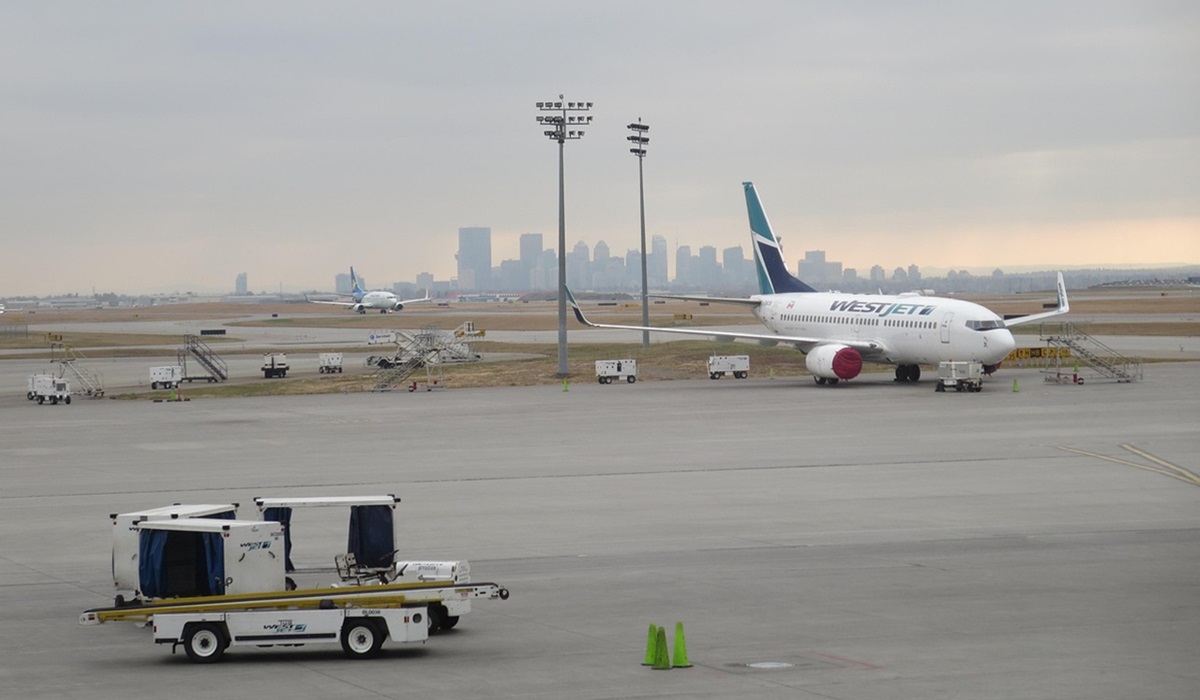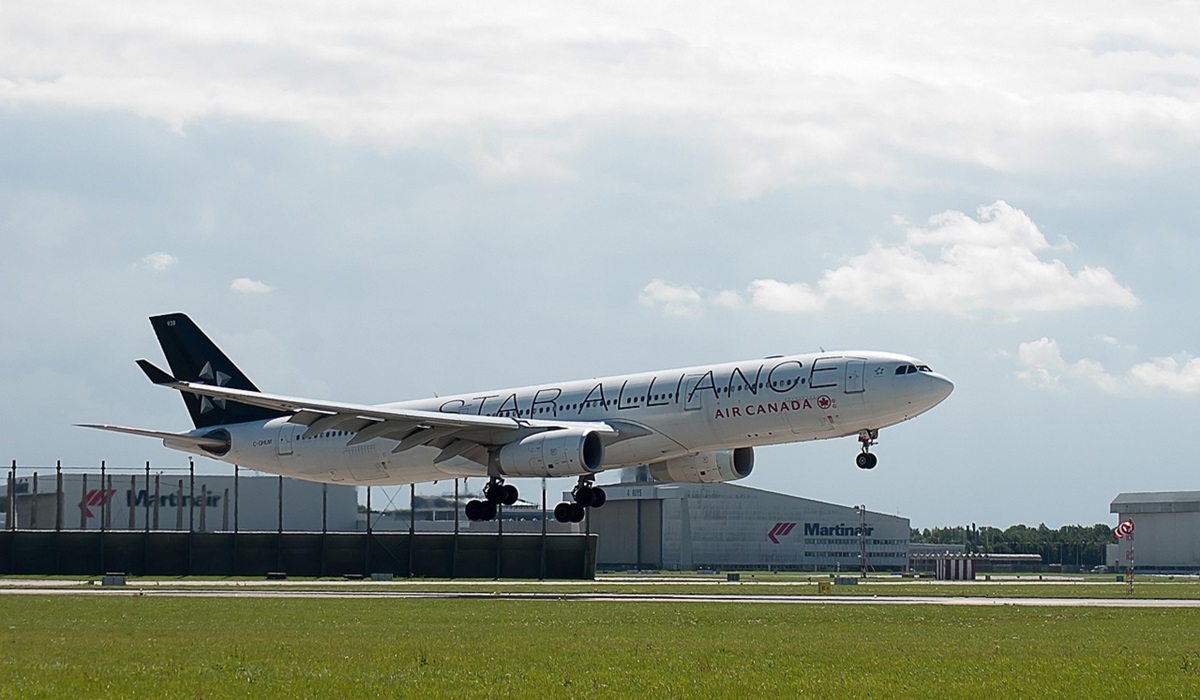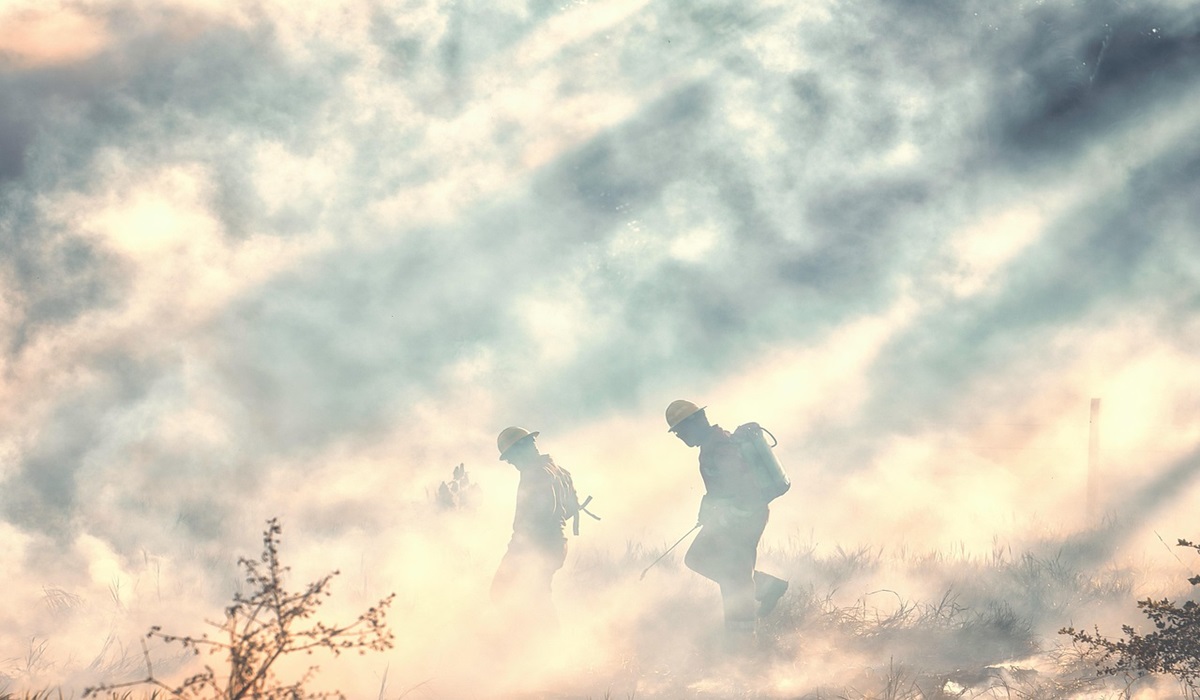Image Credit, Lille/France
Canada is approaching a dangerous crossroads. Recent statements from Canadian officials, including Ambassador to the United States Kirsten Hillman, have reignited fears that the country may once again be drawn into a military conflict orchestrated by Washington—this time targeting Iran. On major news networks over the weekend, Ambassador Hillman warned of Iran’s nuclear ambitions, stating that they posed a threat to Canada and to global security. Yet, for many observers, her tone seemed strained, her message heavily scripted, and her claims largely unsubstantiated.
This moment bears eerie resemblance to a chapter in Canada’s history that has since been vindicated by time. In 2003, then-Prime Minister Jean Chrétien made the historic and controversial decision to keep Canada out of the U.S.-led invasion of Iraq. Despite immense pressure from American allies and domestic political factions, Chrétien stood firm, refusing to send Canadian troops into a war built on faulty intelligence and false pretenses. That decision was not only right—it saved Canada from entanglement in a disastrous conflict that continues to destabilize the Middle East.
The parallels to today’s rhetoric on Iran are unsettling. Once again, vague warnings about weapons of mass destruction, broad statements about global threats, and relentless pressure from the United States are being used to build a case for confrontation. And once again, Canadian officials risk becoming mouthpieces for a foreign agenda, rather than stewards of an independent and peaceful foreign policy.
The issue, however, goes deeper than one ambassador’s television appearance. It touches on a growing disconnect between Canada’s political leadership and the values held by its citizens. Poll after poll confirms that the vast majority of Canadians favour diplomacy over aggression, peacekeeping over warmongering, and multilateralism over unilateral military action. For decades, Canada’s global image has been one of a rational, peace-promoting nation that resists being swept up in the volatile ambitions of empires. That reputation is now under threat.
Ambassador Hillman’s remarks appear to ignore crucial context. The International Atomic Energy Agency (IAEA), the global body responsible for monitoring nuclear activity, has not declared Iran an imminent threat to Canada, nor has it offered evidence that justifies the kind of rhetoric currently coming from Canadian officials. The notion that Canada must align itself completely with U.S. views on Iran—without independent verification or national debate—undermines Canadian sovereignty and public trust.
There is also the troubling question of double standards. The global response to Russia’s invasion of Ukraine has been met with broad Western support and heavy sanctions. But when it comes to the suffering of Palestinians in Gaza, or the deaths of civilians in Yemen due to weapons sold by Western powers, the level of outrage is notably muted. This selective empathy erodes Canada’s credibility on the world stage, particularly for a country that prides itself on multiculturalism and justice.
The uncomfortable truth is that Canada is now operating in a foreign policy environment shaped more by U.S. priorities than Canadian ones. The treatment of key issues like Iran, Israel-Palestine, or even Canada’s stance on global arms sales increasingly mirrors Washington’s talking points. This alignment might satisfy diplomatic protocol, but it does little to reflect the will of ordinary Canadians—many of whom are becoming disillusioned with politics that seem more about maintaining alliances than telling the truth.
More concerning is the symbolic erosion of Canada’s international standing. Not long ago, carrying a Canadian passport meant being recognized as a global citizen of peace. Today, Canadians are seeing their government blur the lines between diplomacy and complicity. Political leaders who once inspired confidence are now seen by many as evasive, parroting lines instead of leading with conviction.
This current trajectory is unsustainable. Canada must reaffirm its independence on the world stage and adopt a position that is both pragmatic and principled. That means resisting pressure to commit to conflicts that are not rooted in clear and present danger. It means calling for transparency from its own diplomats. And it means putting Canadian values—not U.S. military objectives—at the center of foreign policy decisions.
The bilateral relationship between Canada and the United States has always been complex. But under the current government, the balance has shifted too far. The U.S. has repeatedly ignored Canadian interests, from trade disputes to border issues, and yet Ottawa remains hesitant to chart its own course when it comes to global conflict. The current posture on Iran, with its oversimplified narratives and recycled war rhetoric, serves as yet another example.
Canada cannot afford to be drawn into another “forever war” under the illusion of alliance loyalty. The international community does not need another unquestioning partner in military adventurism. It needs voices of reason, of balance, and of peace. If Canada claims to govern for all people—regardless of race, religion, or heritage—it must act like it. The world is watching, and Canadians are listening. What the country says next matters.

